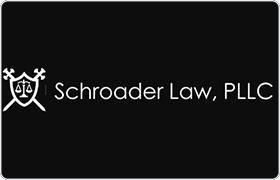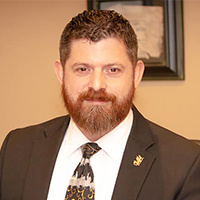Graham Criminal Lawyer, Washington
Sponsored Law Firm
-
 x
x

Click For More Info:
-
Schroader Law, PLLC
1105 Tacoma Ave S Tacoma, WA 98402» view mapCriminal Defense Exceptional Legal Service
Schroader Law, PLLC offers superior service from start to finish. Attorney Schroader is a knowledgeable lawyer offering comprehensive legal advice with realistic expectations.
800-916-9671
James R. Miller
Employment Discrimination, Criminal, Business & Trade, Wills
Status: In Good Standing Licensed: 56 Years
Timothy Michael Greene
Immigration, Family Law, Criminal, Personal Injury
Status: In Good Standing Licensed: 37 Years
Donna Lynn Person-Smith
Criminal, Family Law, Estate Planning
Status: In Good Standing Licensed: 30 Years
Dennis B. Casey
Federal, Family Law, Criminal, Bankruptcy
Status: In Good Standing Licensed: 40 Years
Becky A Lamont
State Government, Family Law, Divorce & Family Law, Criminal
Status: In Good Standing Licensed: 25 Years
 Dennis Schroader Tacoma, WA
Dennis Schroader Tacoma, WA Practice AreasExpertise
Practice AreasExpertise
